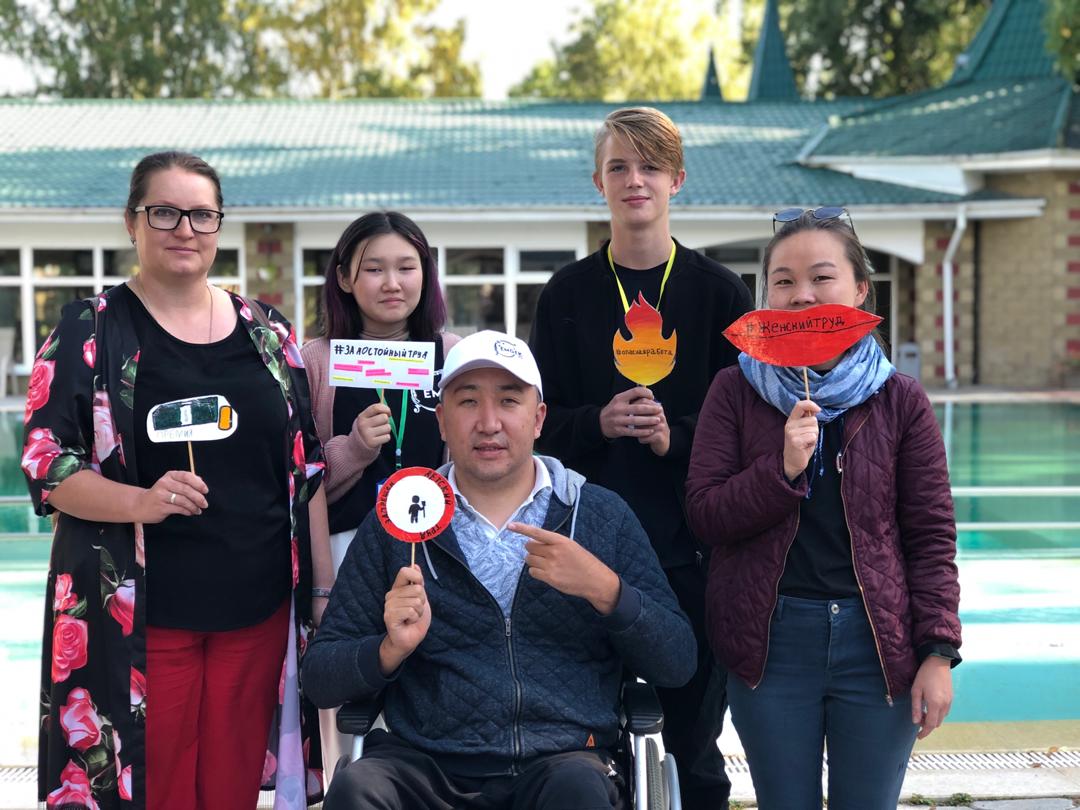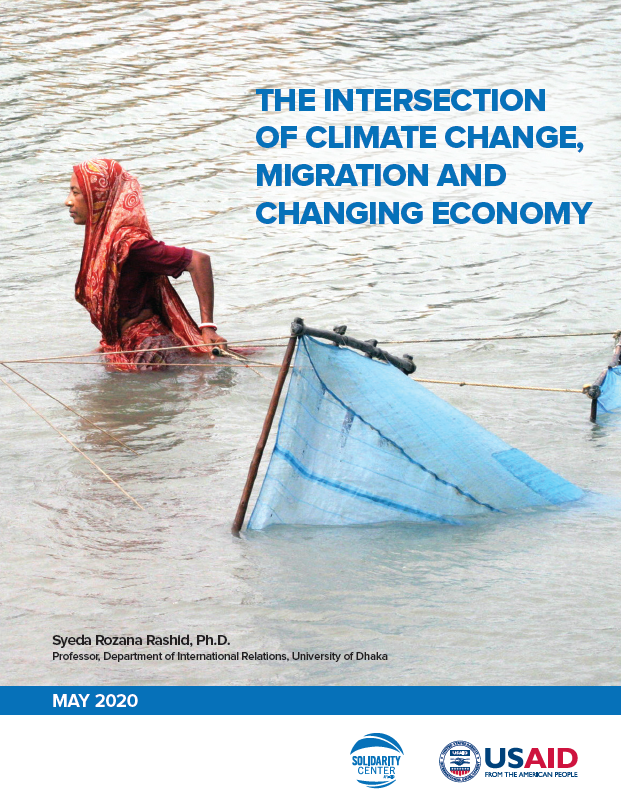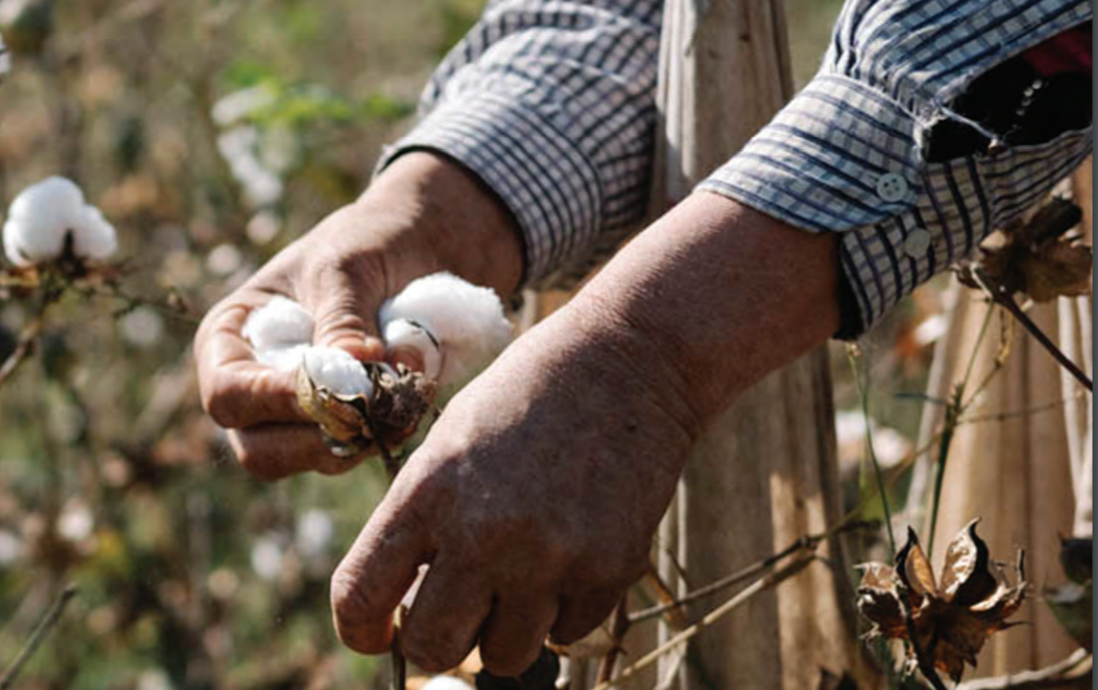To promote youth civic engagement and the fair employment of women, workers with disabilities and those migrating outside the country to earn a living, the Solidarity Center’s second annual School of Young Leaders in Bishkek educated dozens of young people in...
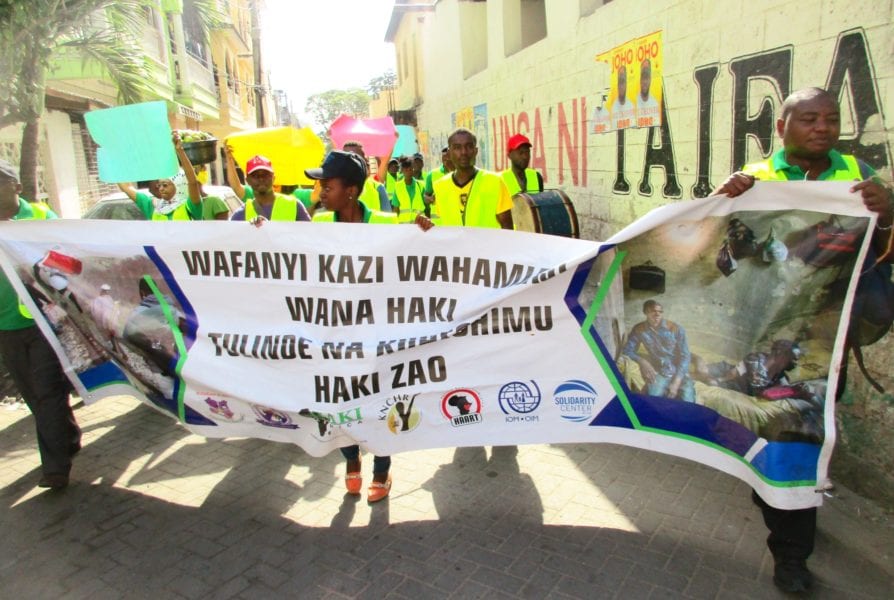
The Solidarity Center workers with partners like those in Kenya to end labor trafficking of migrant workers. Credit: Solidarity Center/Caroline Kasina
The Solidarity Center advocates an approach to combating human trafficking that puts worker rights at the forefront of solutions and calls for the labor movement to be involved.
Trafficking for forced labor results from the absence of human rights and effective governance. It often occurs in countries that restrict civic freedoms, have weak rule of law and prevent the exercise of the right to freedom of speech, assembly and association—including the right to form or join a trade union to represent their interests.
Trafficking for forced labor also thrives in un- or under-regulated supply chains and so combating trafficking must begin with empowered workers who can stand up to exploitation when it occurs.
Migrant workers are especially targets of human trafficking and forced labor. Corrupt labor brokers lie about the wages and working conditions workers should expect in a destination country and charge such huge fees for securing work that migrant workers cannot repay them even after years on the job, forcing them to remain in dangerous working conditions because their debt is too great. Employers use work visas and threats of deportation to exploit workers for forced labor.
With migrant workers, trade unions, human rights NGOs, governments and civil society coalitions around the globe, the Solidarity Center raises awareness about the causes and the extent of trafficking for forced labor and implements programs with our partners worldwide to combat this scourge. These programs address each of the four “Ps” that are part of the anti-trafficking toolkit: prevention, protection of victims, prosecution (access to justice) and partnerships. Solidarity Center programs recognize that we cannot eliminate forced labor without fundamentally changing how labor migration is managed around the world, how companies do business and how governments monitor and enforce human and labor rights.
Report: Climate Change in Bangladesh Drives Worker Vulnerability, Poverty
Underscoring the immediate risk of severe climate-induced weather events in South Asia, Cyclone Amphan last month slammed into the coast of eastern India and southern Bangladesh, destroying thousands of homes and killing at least 88 people. A new Solidarity Center...
Uzbekistan: Progress, but Continued Forced Labor in Cotton Fields
A new report on Uzbekistan’s 2019 cotton harvest by Uzbek Forum for Human Rights documents progress toward ending—but not eradication—of state-sponsored forced labor, says the Cotton Campaign. The report, “Tashkent’s Reforms Have Not Yet Reached Us,” finds that a...

2022 Annual Report
In 2022, the Solidarity Center marked a quarter century of supporting embattled workers, advocating and litigating for change, and celebrating worker rights advances in troubled times. As crackdowns on fundamental civil rights intensify around the world, workers and...
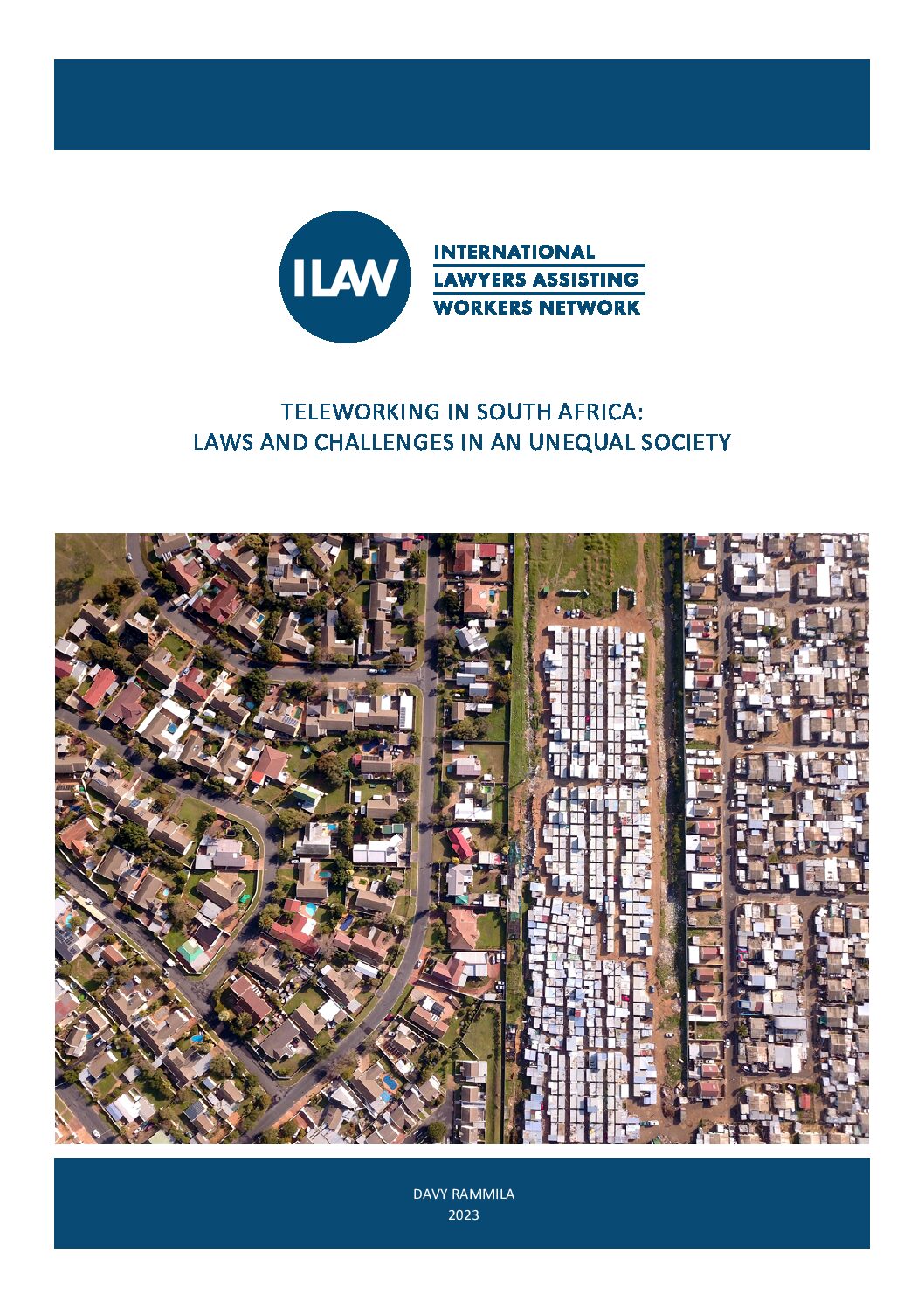
TELEWORKING IN SOUTH AFRICA: LAWS AND CHALLENGES IN AN UNEQUAL SOCIETY
The ILAW Network is pleased to release reports on the regulation of telework in Mauritius and South Africa. The reports examine the impact of telework on a range of worker rights topics, including the regulation of atypical work, access to health and safety measures,...
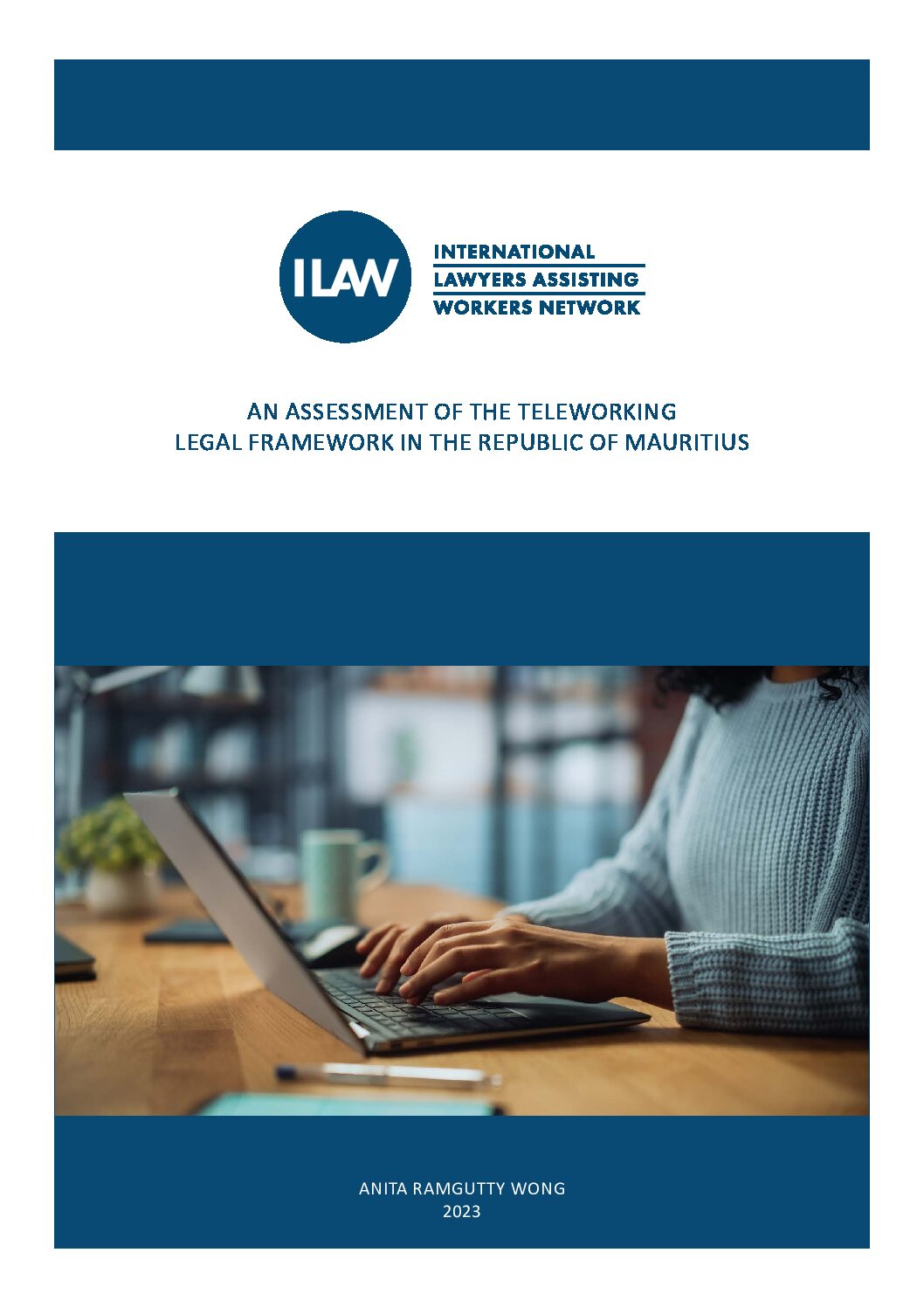
AN ASSESSMENT OF THE TELEWORKING LEGAL FRAMEWORK IN THE REPUBLIC OF MAURITIUS
The ILAW Network is pleased to release reports on the regulation of telework in Mauritius and South Africa. The reports examine the impact of telework on a range of worker rights topics, including the regulation of atypical work, access to health and safety measures,...
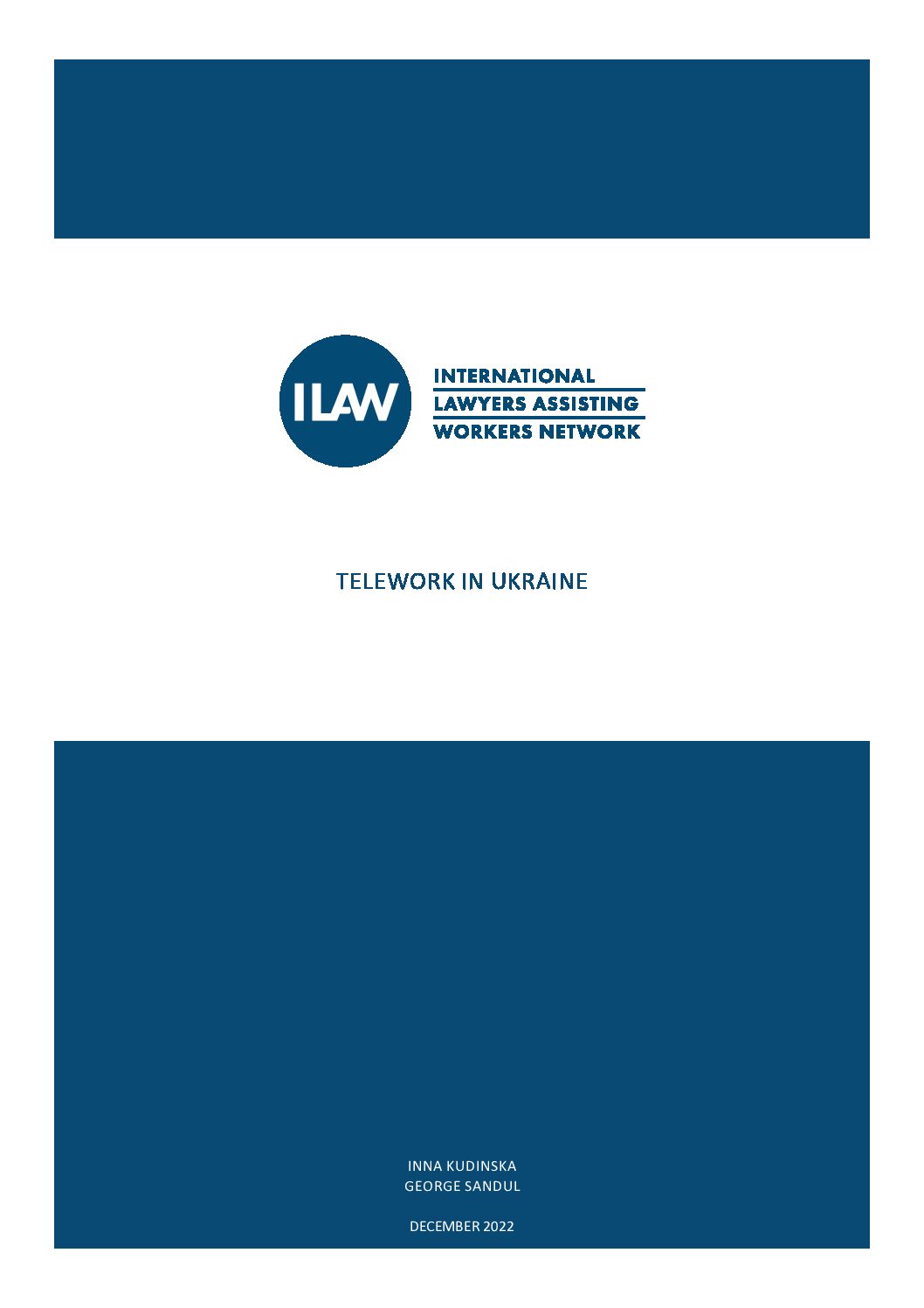
TELEWORK IN UKRAINE
The ILAW Network has undertaken a research series on telework in Europe and Central Asia. National reports examining the regulation of telework in Moldova, Poland, and Ukraine examine the impact of telework on a range of worker rights issues, including work hours and...
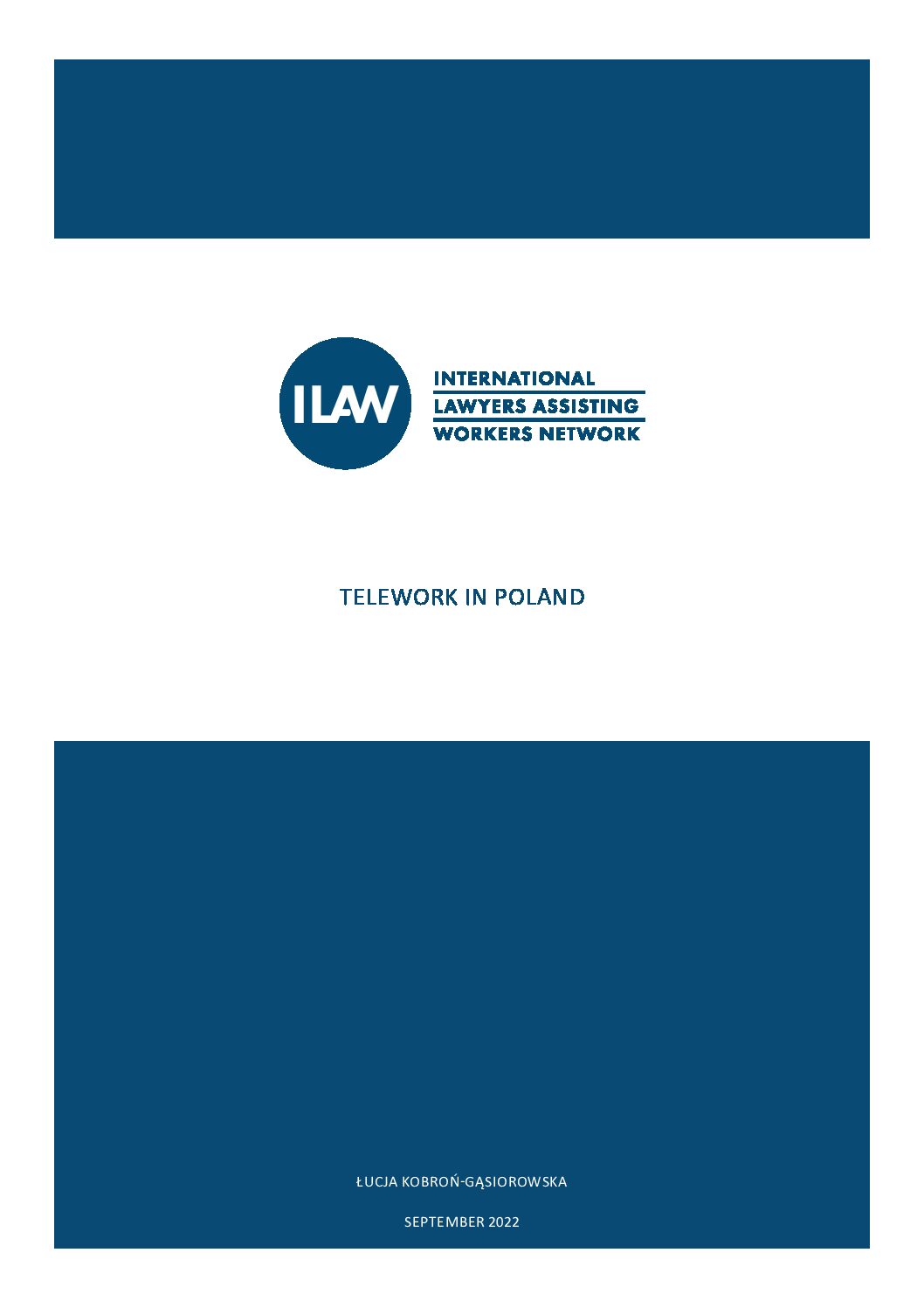
TELEWORK IN POLAND
The ILAW Network has undertaken a research series on telework in Europe and Central Asia. National reports examining the regulation of telework in Moldova, Poland, and Ukraine examine the impact of telework on a range of worker rights issues, including work hours and...
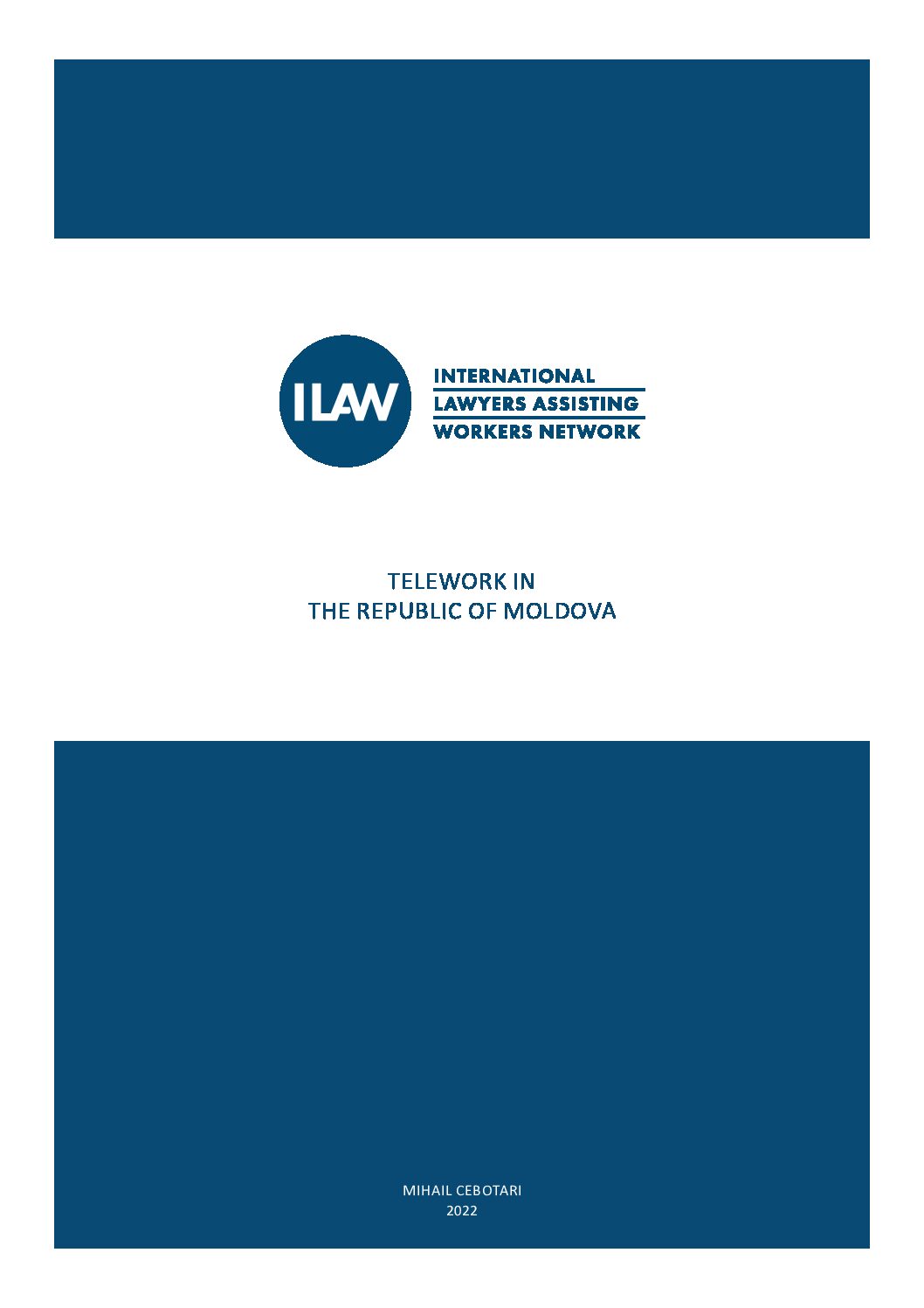
TELEWORK IN THE REPUBLIC OF MOLDOVA
The ILAW Network has undertaken a research series on telework in Europe and Central Asia. National reports examining the regulation of telework in Moldova, Poland, and Ukraine examine the impact of telework on a range of worker rights issues, including work hours and...

